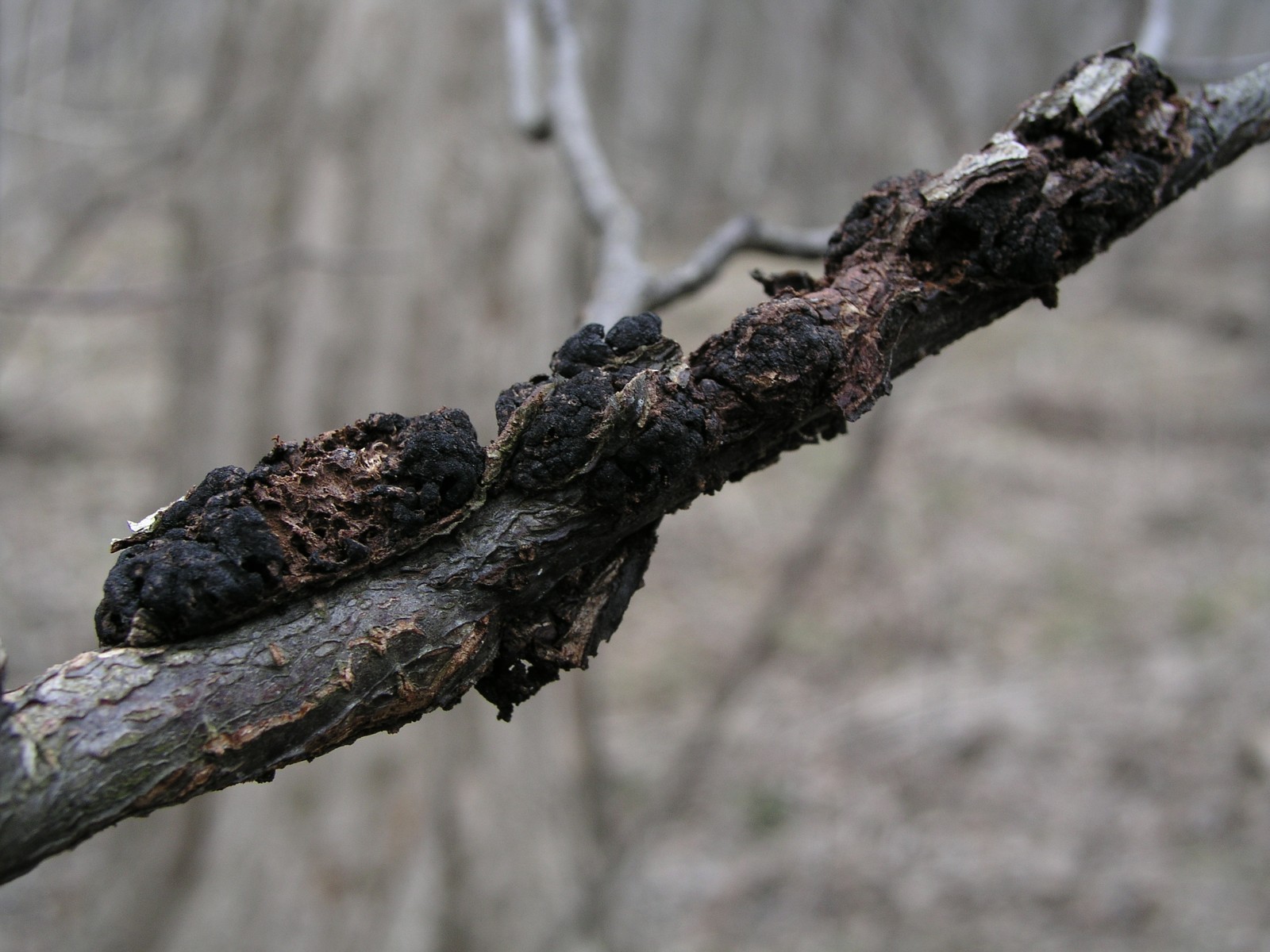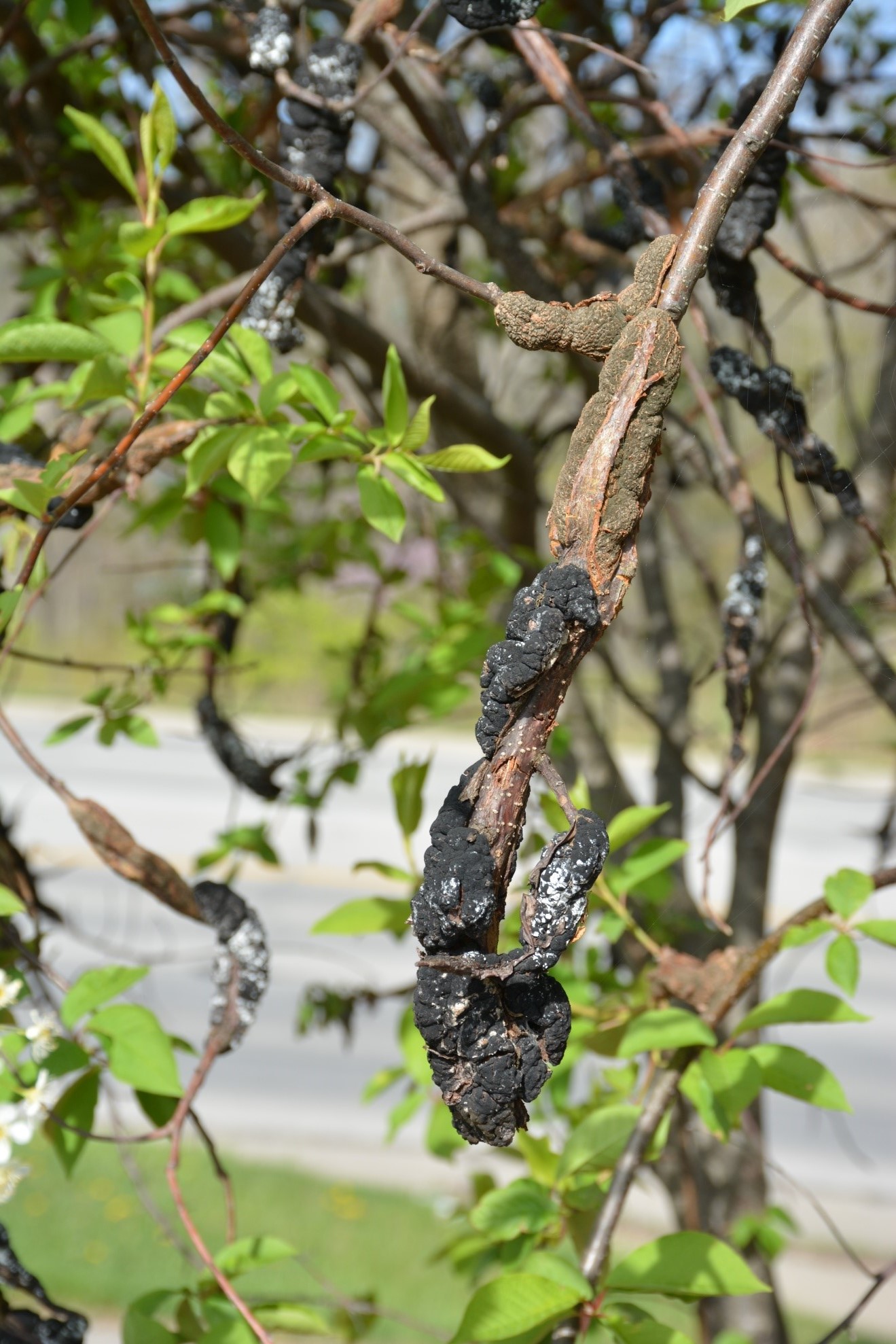black knot fungus on trees
Black knot of cherry trees is a fungal disease caused by the pathogen Apiosporina morbosa. Black knot is a disfiguring disease but it can also kill trees when knots girdle large limbs or trunks.

Black Knot Cummins Nursery Fruit Trees Scions And Rootstocks For Apples Pears Cherries Plums Peaches And Nectarines
The following year the.
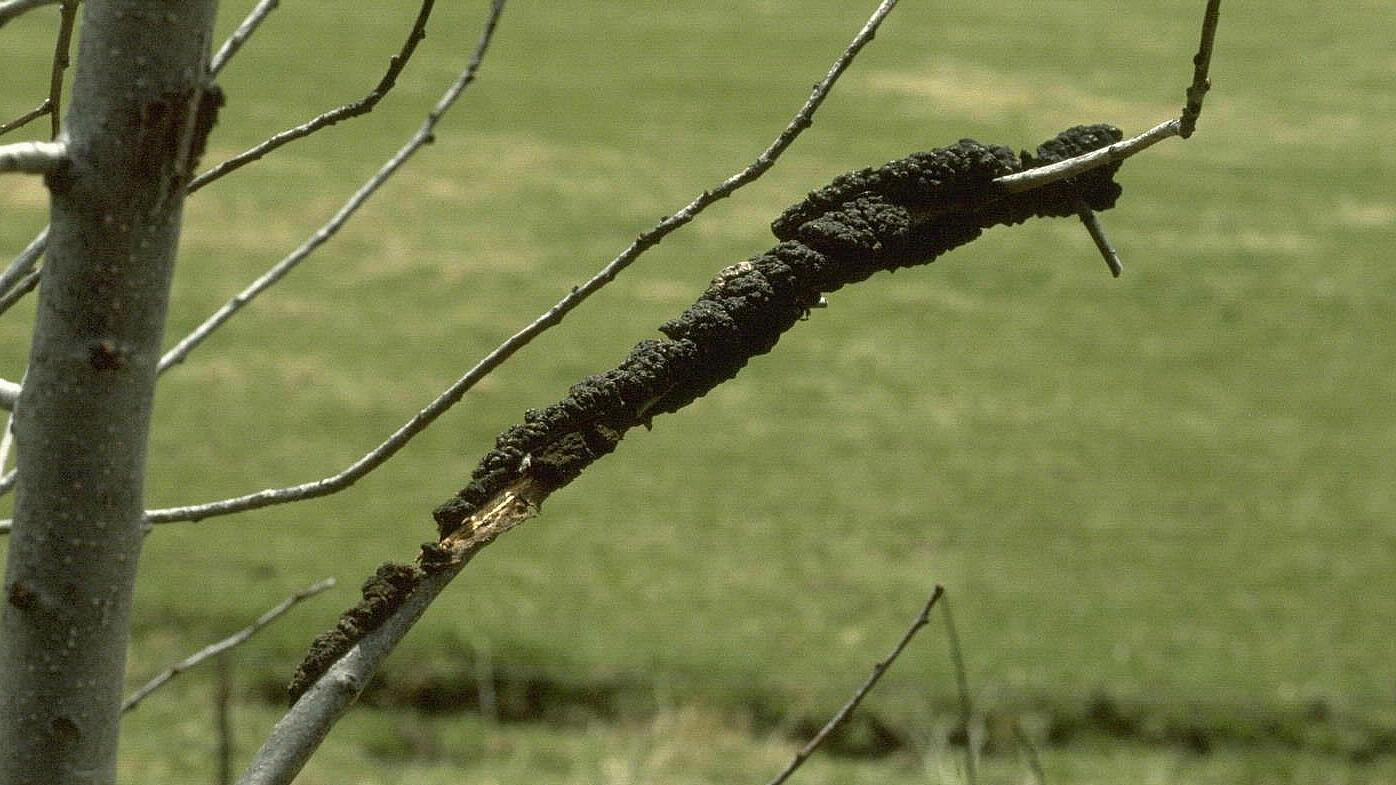
. It mostly affects fruit trees like cherry and plum trees both cultivated. Spores of the fungus are released from these galls and infect new. Once the disease appears in the trees remove the knots.
Fungal spores are spread amongst trees and shrubs in the Prunus family by spores. When they occur on twigs and small branches prune out the infected branches about 4 inches below the knot. Trees affected by black fungus typically appear hard swollen and black knots appear on their twigs and branches hence the name black knots.
The following year the fungus starts to expand. The black knot fungus Apiosporina morbosa is a plant disease that affects species from the Prunus genus of trees and scrubs. Its likely black knot which is a fungal disease that most frequently attacks plum and cherry trees.
If left untreated fungus will. Tricia Simon Initially a small olive. If your tree has a significant number of infected branches it might.
Black knot fungus is a common tree disease and its caused by a fungus Apiosporina Morbosa. The black knot fungal disease infects prunus trees which include ornamental edible and native plum and cherry trees. See if your tree is worth saving.
Plum black knot disease is a nightmare for gardeners since it can easily result in the death of plum and cherry trees. It is caused by a fungus called Apiosporina morbosa or. How to Treat or Get Rid of Black Knot on Trees Check the damage.
Infected trees lose vigor and are more susceptible to winter injury the more knots they. This disease creates large black galls and cracks on trees. Black knot is caused by the fungus Apiosporina morbosa which survives in black knot galls on infected Prunus trees.
Many Prunus trees tolerate black knot but others are. The most distinguishing symptom of Black Knot is the characteristic black tar-like swellings that develop on branches of the infected plant. Black knot caused by the fungus Apiosporina morbosa forms galls on plants in the genus Prunus including plum cherry flowering almond apricot and blackthorn.
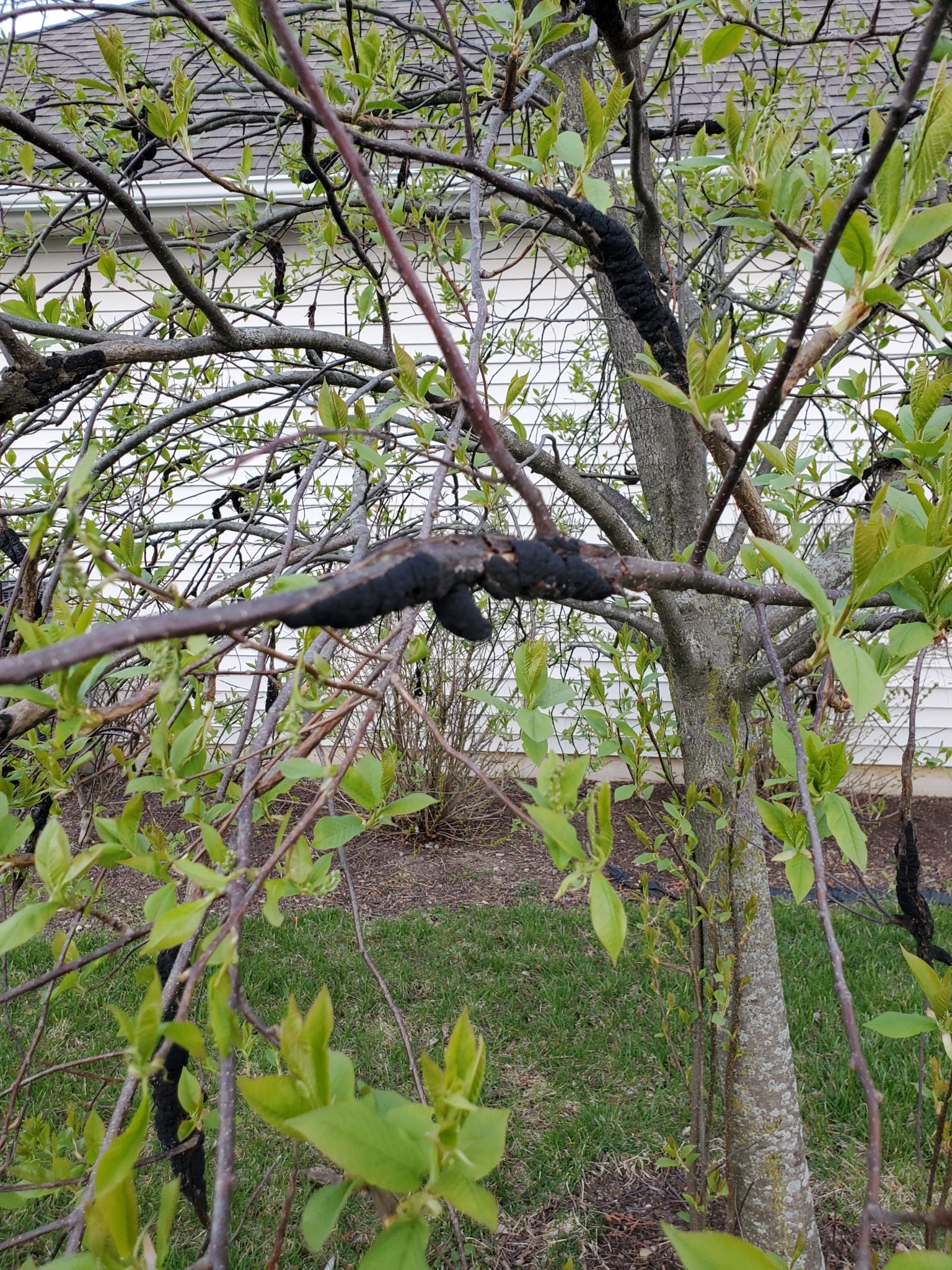
Black Knot Disease Purdue Landscape Report
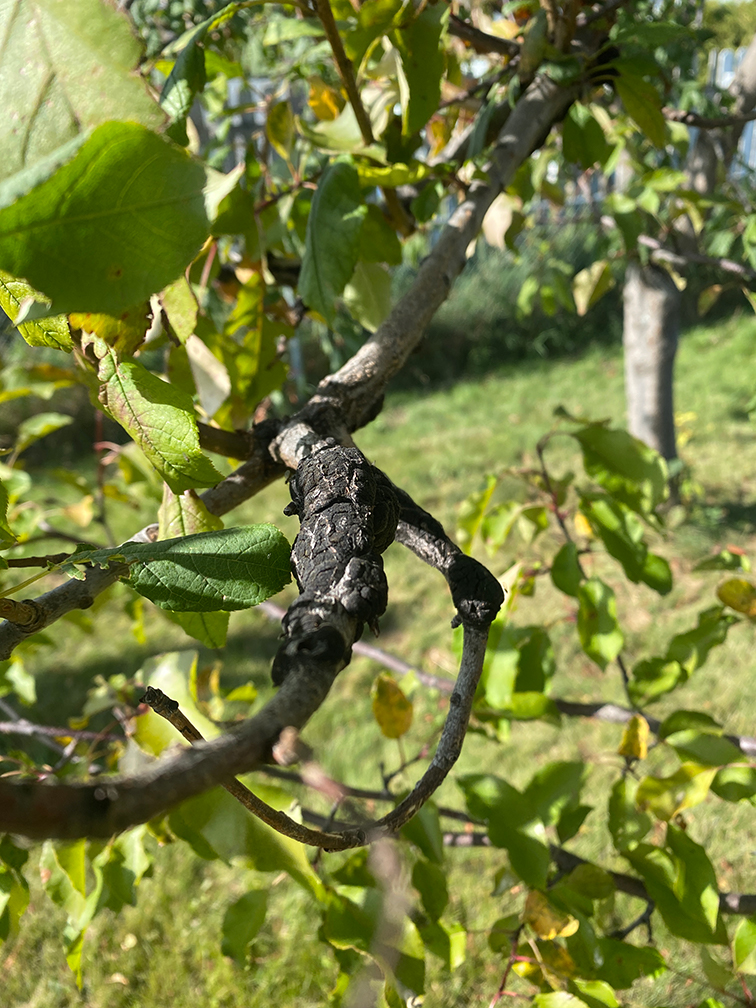
Black Knot Fungus City Of Fort St John

Black Knot Cummins Nursery Fruit Trees Scions And Rootstocks For Apples Pears Cherries Plums Peaches And Nectarines
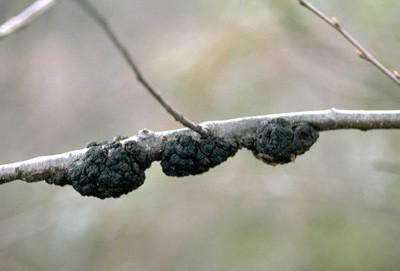
Black Knot Disease On Trees University Of Maryland Extension

Black Knot Horticulture And Home Pest News

Channel Your Spring Fever To Tackle The Nasty Black Knot Fungus Infecting Edmonton Trees Cbc News
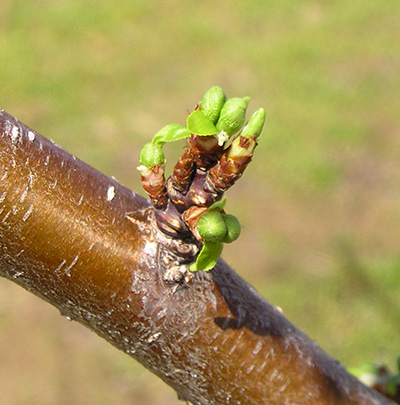
Controlling Black Knot In Michigan Msu Extension
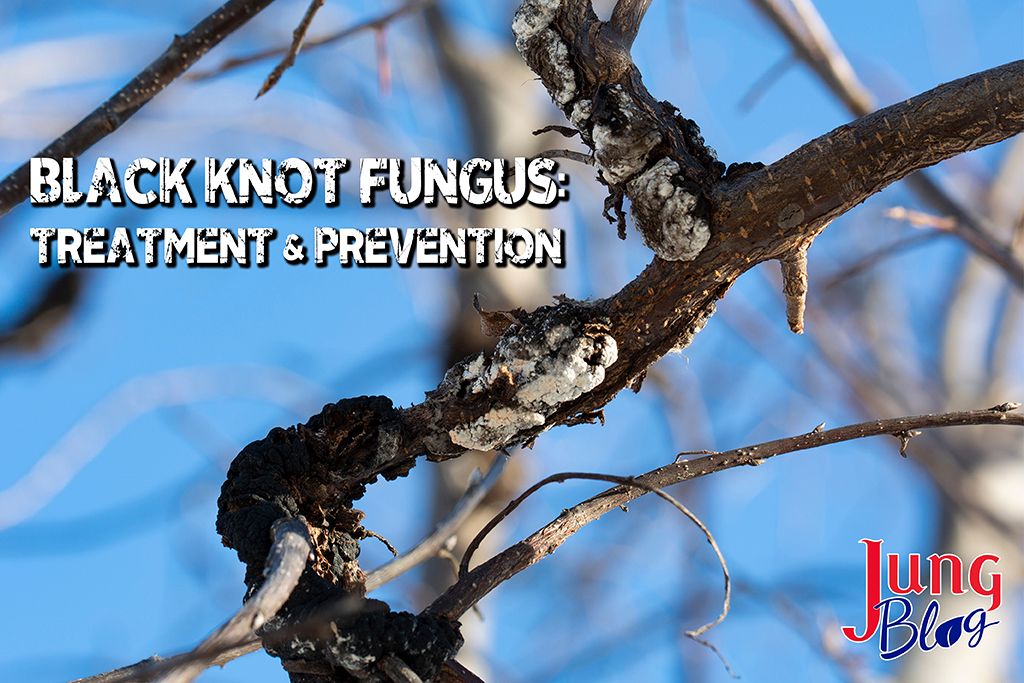
Black Knot Fungus Treatment Prevention Jung Seed S Gardening Blog

Black Knot Fungus Dibotryon Morbosum Attacks And Can Kill Wild Plums And Cherries And Other Species Edibility Unknown Wouldn T Want To Try It Th Paddestoelen

Deceased Tree With Black Knot Stock Image Image Of Nature Fungus 182397185

Tree Branch With Black Knot Fungus Stock Photo Image Of Fungus Plant 109033710
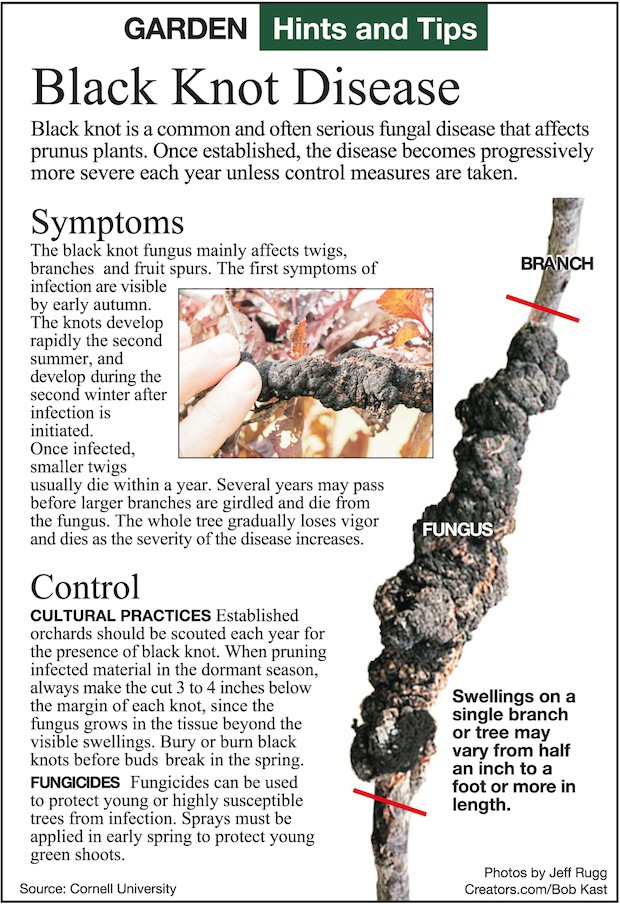
A Greener View Black Knot Fungus And Mulch Houston Style Magazine Urban Weekly Newspaper Publication Website
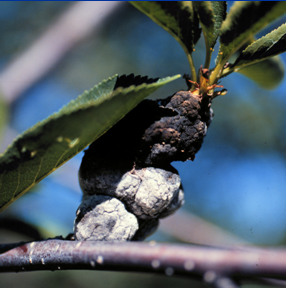
Black Knot Wisconsin Horticulture

